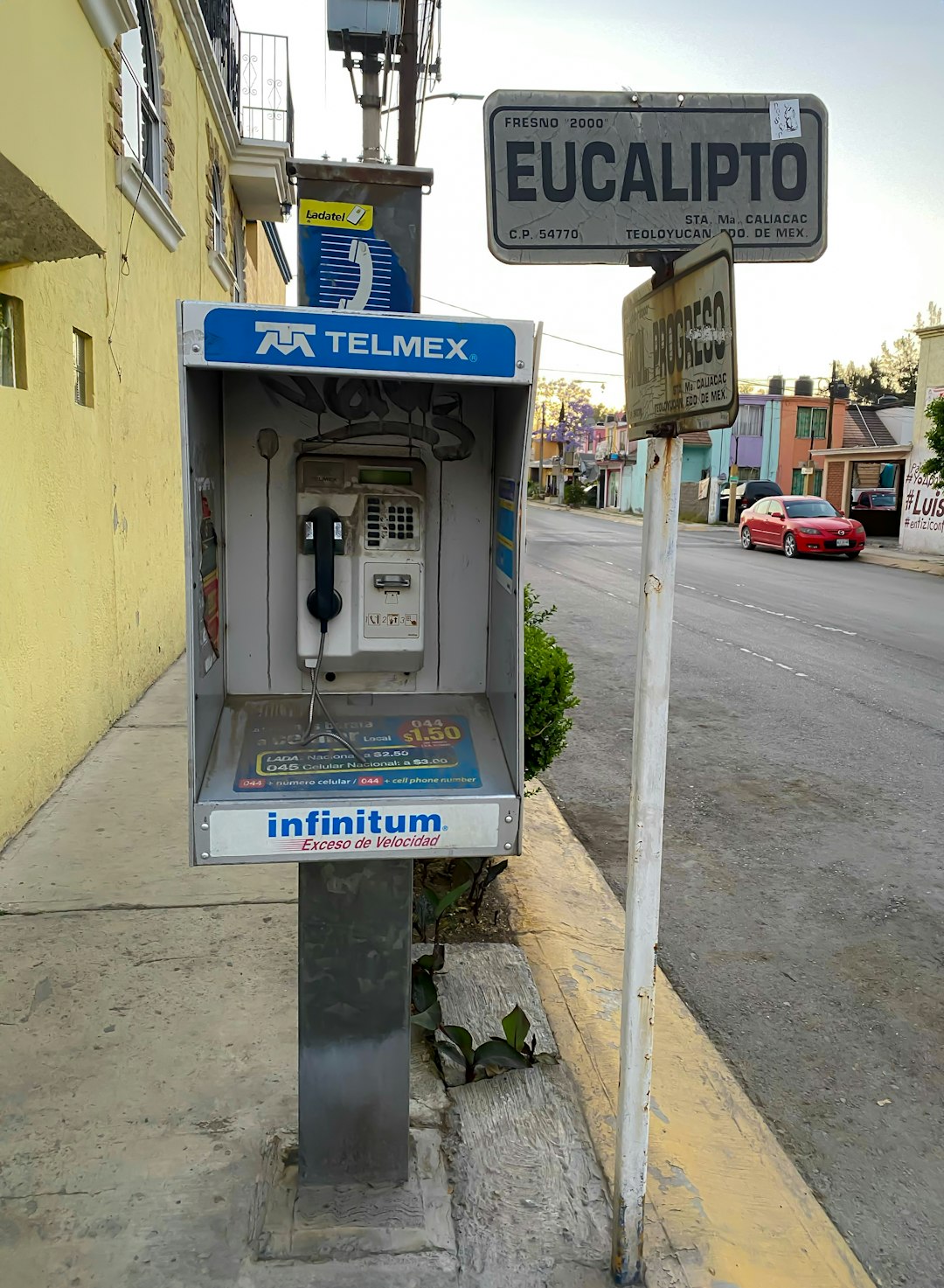The Telephone Consumer Protection Act (TCPA) is a vital piece of legislation in New York, protecting consumers from intrusive phone calls, texts, and faxes. For businesses operating in the state, especially those using communication technologies, navigating the TCPA's complex regulations is essential to avoid substantial fines and maintain customer trust. Engaging a TCPA Lawyer New York provides expert guidance on telemarketing practices, consent management, and do-not-call lists, ensuring compliance while facilitating effective marketing strategies for business growth.
“The Telephone Consumer Protection Act (TCPA) is a game-changer for businesses across the United States, including New York City. This comprehensive legislation aims to protect consumers from intrusive marketing practices and has significant implications for companies engaging in telemarketing and text messaging campaigns. In this article, we explore the TCPA’s impact on NYC businesses, delving into its key provisions, common violations, and the critical role a TCPA lawyer plays in ensuring compliance. We also offer strategic insights to help organizations mitigate risks associated with this ever-relevant consumer protection law.”
Understanding the TCPA and Its Relevance in New York

The Telephone Consumer Protection Act (TCPA) is a federal law designed to protect consumers from unwanted phone calls, text messages, and faxes—a concern that remains prevalent in today’s digital age. For New York businesses, especially those heavily reliant on communication technologies, understanding and adhering to TCPA regulations is paramount. A TCPA lawyer in New York can help guide businesses through this complex landscape, ensuring they avoid costly penalties and maintain customer trust.
In New York, where a vast array of businesses operates, the TCPA sets clear guidelines for telemarketing practices, consent management, and do-not-call lists. Non-compliance can result in substantial fines, damaging a company’s reputation and financial health. With a TCPA lawyer by their side, New York businesses can navigate these regulations effectively, ensuring they stay within legal boundaries while leveraging marketing strategies to grow and thrive.
Key Provisions of the TCPA and Their Implications for Businesses

The Telephone Consumer Protection Act (TCPA) is a robust piece of legislation designed to protect consumers from unwanted telephone solicitations and telemarketing practices. For New York businesses, especially those in direct marketing or sales, understanding and adhering to the TCPA’s key provisions is paramount. One of the act’s central requirements mandates that businesses obtain prior express written consent before making any automated, prerecorded calls to mobile phones—a regulation that has significantly impacted telemarketing strategies.
Implications for businesses include meticulous record-keeping of customer consent and the implementation of strict procedures to ensure compliance. Additionally, the TCPA caps the number of automated calls a business can make in a month, further restricting marketing efforts. Engaging the services of a TCPA Lawyer New York can help businesses navigate these complex regulations, ensuring they maintain compliant practices and avoid costly legal repercussions.
Common TCPA Violations and How They Affect Organizations in NYC

In New York City, businesses must navigate the complex landscape of telecommunications laws, with the Telephone Consumer Protection Act (TCPA) playing a pivotal role in consumer protection. Common TCPA violations include unsolicited telemarketing calls, prerecorded messages, and automatic dialing systems used without prior express consent. These violations can have severe repercussions for organizations, leading to substantial financial penalties and damage to their reputation.
When a New York business violates the TCPA, it not only faces legal sanctions but also risks losing customer trust and loyalty. A single violation can result in individual consumers receiving damages of up to $500, while class-action lawsuits allow aggregate damages to reach millions. Engaging the services of a qualified TCPA lawyer in New York is essential for businesses aiming to steer clear of these pitfalls, ensuring compliance with regulations and protecting their interests.
The Role of a TCPA Lawyer in Navigating Legal Complexities

In today’s digital era, businesses in New York and across the nation are navigating a complex web of regulations designed to protect consumers from unwanted telemarketing calls and text messages. The Telephone Consumer Protection Act (TCPA) is a game-changer, imposing strict rules on how companies can reach out to potential customers. A TCPA Lawyer New York plays a pivotal role in helping businesses understand and comply with these legal requirements. They serve as guides through the labyrinthine complexities of the TCPA, ensuring that every call and message adheres to the law’s stringent standards.
These legal experts are crucial in minimizing the risk of costly violations and associated penalties. By working closely with businesses, they develop strategies to obtain necessary consents, properly manage do-not-call lists, and tailor marketing efforts to respect consumer privacy. A TCPA Lawyer New York isn’t just about avoiding punishment; they enable businesses to build trust with their customers by fostering ethical communication practices that resonate in a bustling marketplace.
Strategies for Compliance and Mitigating Risks Under TCPA

Navigating the Telephone Consumer Protection Act (TCPA) requires a strategic approach for New York businesses to ensure compliance and mitigate potential risks. Engaging the services of a TCPA lawyer in New York is an intelligent first step, providing expertise in interpreting complex regulations and tailoring strategies specific to each business’s unique needs. These lawyers can guide companies in implementing effective do-not-call policies, training staff on consumer privacy rights, and establishing robust data management practices.
Compliance goes beyond policy; it involves continuous monitoring and adaptation. Businesses should invest in technology that enhances compliance, such as automated systems for call tracking and customer opt-in/opt-out mechanisms. Regularly reviewing and updating internal procedures ensures the company remains compliant with evolving TCPA standards. Additionally, fostering a culture of consumer privacy awareness among employees can significantly reduce risks associated with unauthorized calls or text messages.






